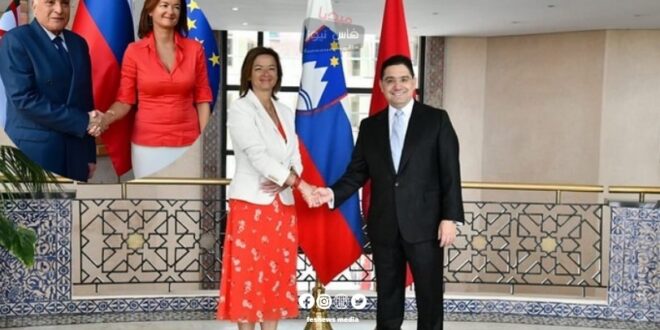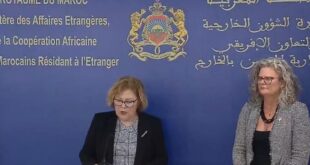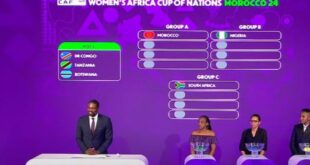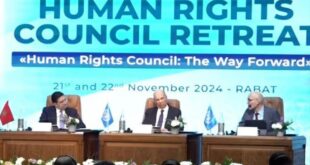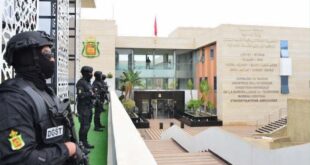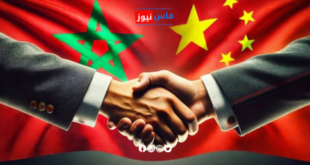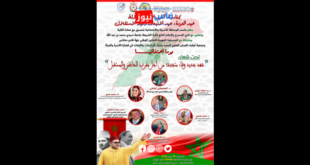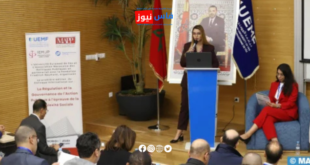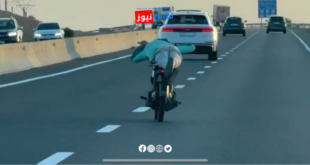In a notable diplomatic development, the Republic of Slovenia has once again confirmed its consistent stance on the Moroccan Sahara issue, maintaining its support for UN-led efforts to find a just, lasting, and globally acceptable political solution. This reaffirmation comes despite persistent efforts by Algeria to influence Ljubljana’s position.
Slovenia’s Deputy Prime Minister and Minister of Foreign and European Affairs, Ms. Tanja Fajon, had expressed this position during her meeting with Moroccan Foreign Minister Nasser Bourita on June 11, 2024. Slovenia reiterated this stance in an official statement following a meeting between its Foreign Minister and her Algerian counterpart, Ahmed Attaf.
It is noteworthy that the Slovenian statement did not include any reference to terms such as “self-determination” or “Sahrawi people,” contrary to what some Algerian media outlets had promoted. Instead, the statement emphasized Slovenia’s support for the UN-led process.
In a related context, Slovenia, which holds the rotating presidency of the UN Security Council for September, did not include the Sahara issue in its preliminary agenda, which is considered a setback for Algerian efforts.
The Algerian Foreign Minister had expressed optimism during his visit to Slovenia in late August, describing Slovenia’s Security Council presidency as “exceptional.” However, this optimism has not translated into tangible reality so far.
On the other hand, Moroccan-Slovenian relations have witnessed significant development in recent years, built on mutual trust and respect. Slovenia is considered a reliable partner for the Kingdom of Morocco in various fields and has played a constructive role in enhancing relations between Morocco and the European Union.
These developments underscore the importance of Moroccan diplomacy in maintaining the positions of its international allies and partners, and in confronting ongoing attempts to influence the course of the Moroccan Sahara issue.
The article highlights the complex diplomatic landscape surrounding the Sahara issue, showcasing Morocco’s efforts to maintain international support for its position while countering opposing narratives. It also emphasizes the growing ties between Morocco and Slovenia, framing them within the broader context of Morocco’s relations with the European Union.
 فاس نيوز ميديا جريدة الكترونية جهوية تعنى بشؤون و أخبار جهة فاس مكناس – متجددة على مدار الساعة
فاس نيوز ميديا جريدة الكترونية جهوية تعنى بشؤون و أخبار جهة فاس مكناس – متجددة على مدار الساعة

